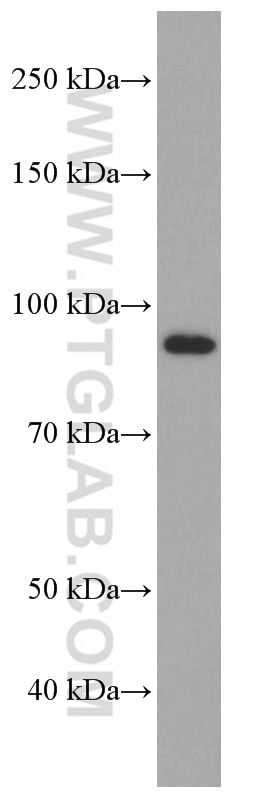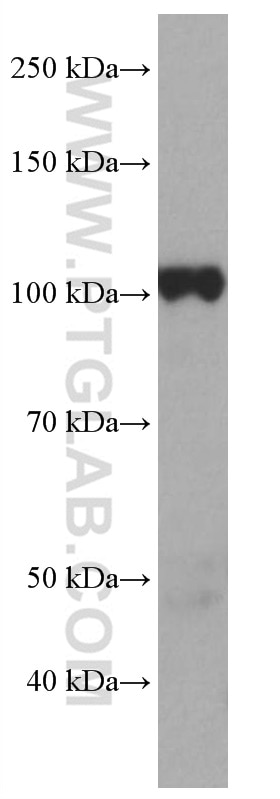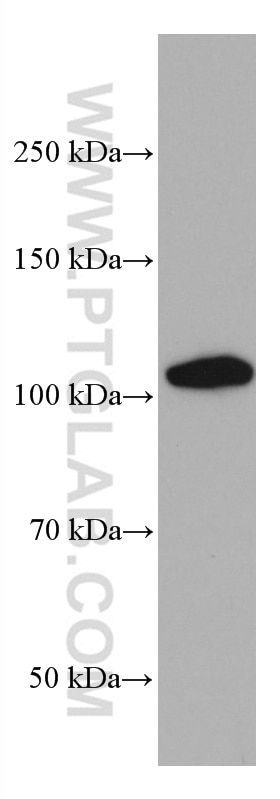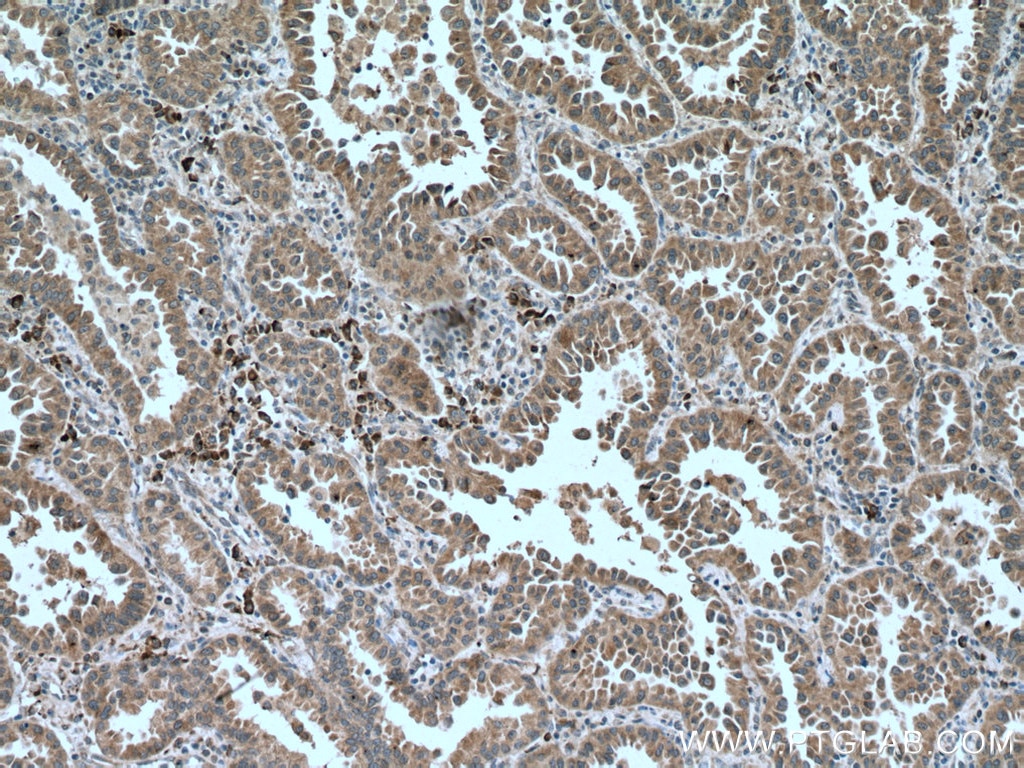Validation Data Gallery
Tested Applications
Recommended dilution
| Application | Dilution |
|---|---|
| It is recommended that this reagent should be titrated in each testing system to obtain optimal results. | |
Product Information
66934-1-PBS targets PHEX in WB, IHC, Indirect ELISA applications and shows reactivity with human, rat, pig samples.
| Tested Reactivity | human, rat, pig |
| Host / Isotype | Mouse / IgG1 |
| Class | Monoclonal |
| Type | Antibody |
| Immunogen |
CatNo: Ag20290 Product name: Recombinant human PHEX protein Source: e coli.-derived, PET28a Tag: 6*His Domain: 41-391 aa of BC105059 Sequence: SQGLLSLQAKQEYCLKPECIEAAAAILSKVNLSVDPCDNFFRFACDGWISNNPIPEDMPSYGVYPWLRHNVDLKLKELLEKSISRRRDTEAIQKAKILYSSCMNEKAIEKADAKPLLHILRHSPFRWPVLESNIGPEGVWSERKFSLLQTLATFRGQYSNSVFIRLYVSPDDKASNEHILKLDQATLSLAVREDYLDNSTEAKSYRDALYKFMVDTAVLLGANSSRAEHDMKSVLRLEIKIAEIMIPHENRTSEAMYNKMNISELSAMIPQFDWLGYIKKVIDTRLYPHLKDISPSENVVVRVPQYFKDLFRILGSERKKTIANYLVWRMVYSRIPNLSRRFQYRWLEFSR 相同性解析による交差性が予測される生物種 |
| Full Name | phosphate regulating endopeptidase homolog, X-linked |
| Calculated molecular weight | 749 aa, 86 kDa |
| Observed molecular weight | 76-80 kDa, 95-100 kDa |
| GenBank accession number | BC105059 |
| Gene Symbol | PHEX |
| Gene ID (NCBI) | 5251 |
| RRID | AB_2882259 |
| Conjugate | Unconjugated |
| Form | |
| Form | Liquid |
| Purification Method | Protein G purification |
| UNIPROT ID | P78562 |
| Storage Buffer | PBS only{{ptg:BufferTemp}}7.3 |
| Storage Conditions | Store at -80°C. |
Background Information
PHEX encodes a transmembrane endopeptidase that belongs to the type II integral membrane zinc-dependent endopeptidase family. The protein usually expressed in osteocytes, osteoblasts and odontoblasts, and it was thought to be involved in bone and dentin mineralization and renal phosphate reabsorption (PMID:28982589). Otherwise, studies showed that PHEX transcripts were identified in human osteosarcoma-derived cells and in differentiated mouse osteoblasts, but not in immature mouse preosteoblasts, indicating the stage-specific expression of the protein (PMID:9199999). Defects in PHEX are responsible for X-linked hypophosphatemic rickets (HYP) (PMID:22339660). Glycosylation of proteins results in higher molecular weight, and about 95-100 kDa band were reported (PMID:25128529; PMID:18728349).




